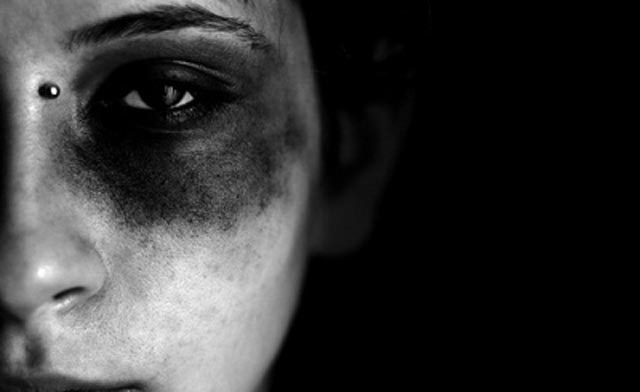The Hathras gang-rape incident has jolted the nation and captured the attention of the media and the political class alike. With sustained attacks on the culture of crime and violence in Uttar Pradesh to condemning the inaction by the police or its denial of entry to media personnel and leaders of the Opposition to the site of crime, the incident has captured the attention of the Indian masses for its stark brutality and administrative neglect. But it is in the context of the Hathras gang-rape incident and the political mobilisations in the aftermath of the incident that the Ministry of Home Affairs has issued a fresh advisory to the various states of the country and directed the police to strictly adhere to the guidelines that have been issued while dealing with cases which are related to sexual violence practiced against women.
It has to be noted that this directive issued by the government comes in the aftermath of the horrendous and brutal rape of a nineteen year old girl in the Hathras district of Uttar Pradesh allegedly by men of the upper caste. The Uttar Pradesh administration has received widespread criticism regarding its handling of the case and for indulging in threatening and intimidating the kin of the deceased victim in the case rather than ensuring that speedy justice is given to her family.
The police also received major political flak for hastily burning the body of the victim in the odd hours of the night and not allowing the family of the diseased to either attend or carry out the last rites of the girl. Another point on which the state’s administration has been critiqued is on its medical negligence wherein samples of forensic nature were collected from the girl’s body several days after the occurrence of crime and the projection of the crime as something that was being falsely implicated by foreign countries or the Opposition to defame the government.
It is in this context that the new set of guidelines that have been issued by the Ministry of Home Affairs for all the states and especially in the context of dealing with cases which involve cases of crime against women, becomes extremely important.
The guidelines read,
“It is requested that states/UTs may suitably issue instructions to all concerned to ensure strict compliance with the provisions in the law. It is also requested to monitor the cases on the Investigation Tracking System for Sexual Offences(ITSSO)to ensue that suitable follow-up action is taken for charge sheet of the guilty in a timely manner as required in the law.”
The document also underlines that the government has taken stringent steps over the years to deal with such crimes.
The guidelines also suggest that despite these mechanisms and a more through approach to dealing with crime against women, if the police or the concerned authorities are found guilty of not taking stringent steps towards insurance of justice or towards the prevention of such atrocities against women, then the higher authorities would step in and hold people accountable for the lapses in delivery of justice.
It also promises stringent action against the concerned officers responsible for the same.
Some of the guidelines include mandatory registration of FIRs, action against officers who refuse to register an FIR in case of rape or other crimes against women, regarding the dying declaration of the victim as fact, ensuring timely collection of forensic evidence , complete investigation of these cases within a timeframe of two months and the usage of the National Database on Sexual Offenders to track those who have been repeated offenders.
The state hopes that with the issuing of the new guidelines, states will be in a better position to tackle and deal with cases of violence and sexual exploitation of women.













